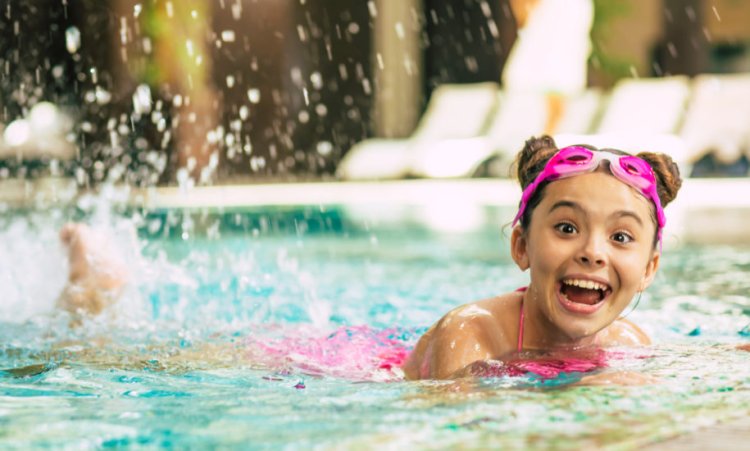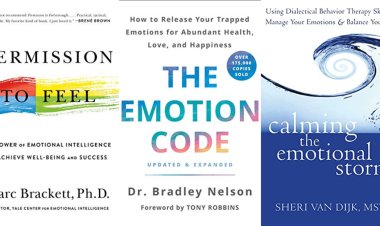Is Swimming After Eating Actually Dangerous?
Common wisdom holds that it is unsafe to swim after eating unless one waits for some prescribed period of time—usually between 30 minutes

Can you swim right after eating?
Yes. As long as your body permits and the swimming is for fun and recreation, you should be good to dive in after a meal. Swimming after a meal has not been shown to be harmful to your health. You are welcome to eat your lunch poolside and then cool off in the water whenever you choose.
You may want to give yourself more time to digest between meals and more strenuous activities like swimming laps or competing in a swim meet. This is because consuming food too soon before engaging in strenuous activity can lead to stomach discomfort. However, it does not pose any serious health risks.
The research on swimming after you eat
No scientific evidence exists to support the no swimming after eating rule, as noted by exercise physiologist Arthur Steinhaus in a 1961 study brief.

In a research conducted in 1968, 24 swimmers were given a high-carbohydrate breakfast consisting of cereal, toast, sugar, butter, and whole milk and then given different time constraints before being asked to swim laps. No matter how long it had been since breakfast before the swimmers went in the water, nobody seemed to mind.
Where did the idea that you shouldn’t swim after eating come from?
The concept has been around for at least a century, however its origins and timeline remain a mystery. In her 1918 book "How to Swim," Annette Kellermann recommended waiting at least two hours after eating before entering the water. This would allow for adequate digestion.
When you eat a large meal, your body shifts blood away from your functioning muscles and into your digestive organs. However, during activity, blood flow is redirected from the digestive system to the working muscles and lungs.
What about swimming after drinking?
While there is less evidence that swimming after eating poses any significant risk, swimming after consuming alcohol does.
The Centre for Disease Control and Prevention reports that alcohol usage contributes to up to 70% of mortality among adolescents and adults during water-related recreational activities. When you drink, your coordination, balance, and judgement can all suffer, and you may be more prone to taking unnecessary risks. This is why you shouldn't combine drinking with anything water-related.
What about eating and exercising after?
While there is less evidence that swimming after eating poses any significant risk, swimming after consuming alcohol does.
The Centre for Disease Control and Prevention reports that alcohol usage contributes to up to 70% of mortality among adolescents and adults during water-related recreational activities. When you drink, your coordination, balance, and judgement can all suffer, and you may be more prone to taking unnecessary risks. This is why you shouldn't combine drinking with anything water-related.













